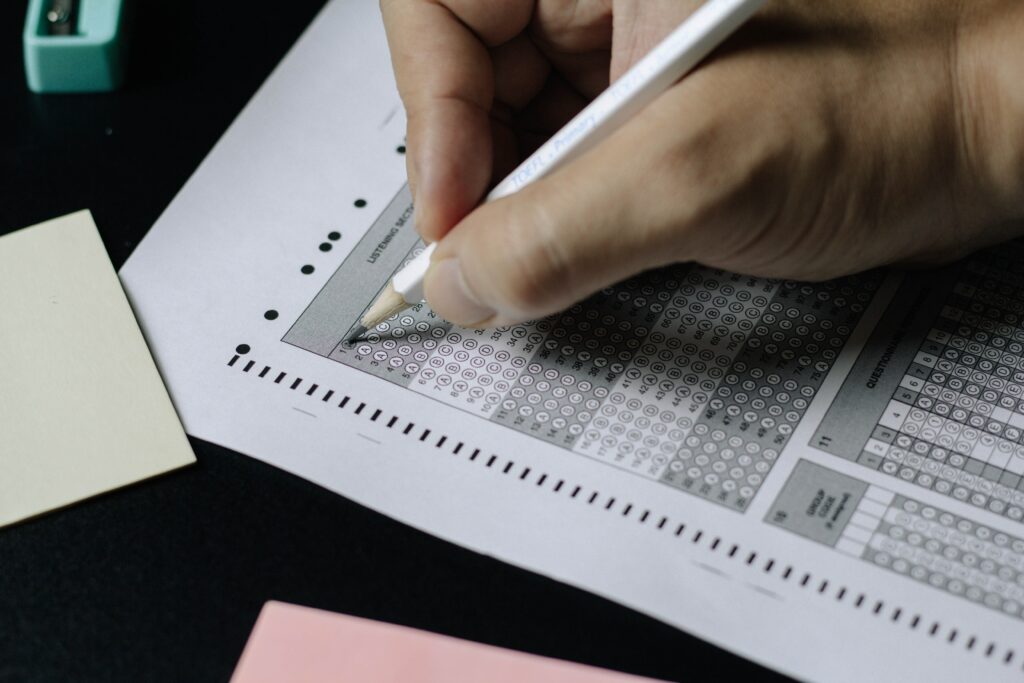Examinations and study sessions often bring a mix of anxiety and anticipation. Preparing efficiently not only aids in better performance but also alleviates much of the associated stress. Here, we provide six invaluable tips for preparing students for their exams and study sessions, ensuring they approach these critical moments confidently and clearly.
1. Start Early and Create a Schedule
The Power of Proactivity: Beginning your preparation well in advance gives you ample time to understand topics, seek clarification, and revise. Last-minute cramming often leads to confusion and heightened anxiety.
Study Schedule: Outline all the topics you must cover and allocate specific time slots for each. Stick to this schedule as closely as possible. Remember, consistency in your study habits can make a significant difference in retention and understanding.
For those seeking additional assistance in exam preparation, Top Essay Writing offers writing services from scratch, invaluable resources, and insights into various academic topics.

2. Designate a Study Space
Environment Matters: Find a quiet, well-lit space to focus without interruptions. This could be a corner of your room, a library, or any other conducive environment.
Organized Desk: An organized study space can make a world of difference. Ensure all your materials – books, notes, stationery – are within arm’s reach. A clutter-free desk often translates to a clutter-free mind.
3. Active Study Techniques
Flashcards: These are excellent tools for memorization. Jot down key points, dates, or formulas on flashcards and review them regularly.
Teach to Learn: One of the most effective ways to understand a topic is to teach it to someone else. Whether it’s a friend, family member, or even an imaginary class, explaining concepts out loud can reinforce your understanding.
4. Stay Healthy and Balanced
Physical Activity: Regular exercise boosts memory and cognitive skills. Even short breaks for stretching or a quick walk can re-energize you.
Nutrition and Hydration: Eat balanced meals, and avoid excessive caffeine or sugar. Drinking water regularly is essential, as dehydration can affect your concentration and overall well-being.
Sleep: Never underestimate the power of a good night’s sleep. Resting adequately before an exam ensures your brain is alert and ready to recall information.
5. Take Breaks and Practice Mindfulness
Pomodoro Technique: This time-management method involves studying for 25 minutes straight and then taking a 5-minute break. After four sessions, take a longer break. This method can boost productivity and keep you focused.
Mindfulness and Meditation: Techniques like deep breathing, meditation, and even short periods of mindfulness can reduce anxiety, improve concentration, and enhance memory retention.
6. Test Yourself Regularly
Practice Exams: Simulating exam conditions at home can be highly beneficial. Take practice tests, preferably at the same time as your scheduled exam, to accustom yourself to the format and the time pressure.
Review and Adjust: After each test, review your answers. Understand where you went wrong and adjust your study methods accordingly. This iterative process will help solidify your knowledge.
Exam preparation is as much about strategy as it is about hard work. By implementing these six tips, students can navigate their study sessions with a structured approach, maximizing their productivity and retaining information more effectively. Remember, the key lies in balance; while rigorous preparation is essential, taking care of your physical and mental well-being is equally crucial. So, gear up, stay focused, and approach your exams with the confidence and preparation you deserve.



![10 Best Bags for Nurses | Personal Recommendation [2023] 5 Best Bags For Nurses Reviews in 2021](https://knowworldnow.com/wp-content/uploads/2022/12/Best-Bags-For-Nurses-Reviews-in-2021.webp)



![F95Zone Games - The Ultimate Guide for 2021 [F95Z Guide] 9 F95Zone Games](https://knowworldnow.com/wp-content/uploads/2021/07/ArTtW5LrK3b-z-0-y-637f48d86203817a9042a857.webp)